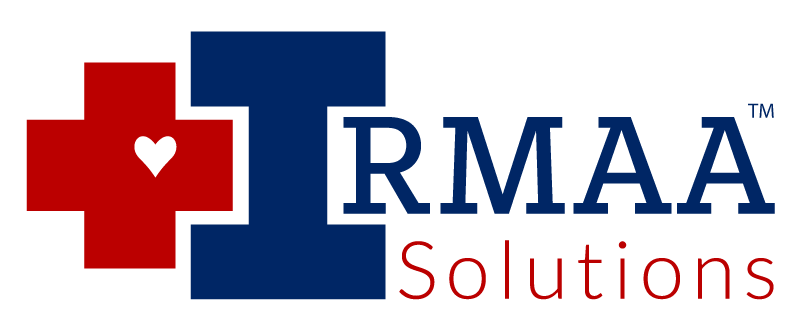The Income Related Monthly Adjustment Amount (IRMAA) of Medicare is a surcharge on top of the current year’s Medicare Part B and D premiums. This surcharge impacts those who earn too much income and how to avoid IRMAA is very simply.
How to avoid IRMAA:
The easiest answer to avoid IRMAA is to just not generate the wrong type of income while in Medicare. Granted, this may be easier said than done, especially for those who heed financial advice, but it can be done.
What is the income that counts for IRMAA:
Medicare.gov, the IRS.gov and Social Security.gov all define income differently than how the financial industry, employers and Certified Public Accountant’s (CPA’s) define it, but when it comes to IRMAA, know this, the government always wins.
Medicare’s IRMAA defines income as:
“Adjusted gross income plus any tax-exempt interest”
or
“Everything on lines 2b and 11 of the 2020 IRS tax form 1040”.
Some examples of income that IRMAA uses are:
Social Security benefits, Wages, Interest, Pension and Rental Income, Capital Gains, Dividends and distributions from investment vehicles like Traditional 401(k)’s and Traditional IRA’s.
Please note:
- With your Traditional 401(k)’s or Traditional IRA’s there is a required minimum distribution (RMD) that you must make at age 72.5.
- Your RMD will be combined with your Social Security benefits (100% of it) to calculate IRMAA.
- If this amount is too high you will reach IRMAA, and your Medicare premiums will increase.
- Your Social Security benefit pays automatically any IRMAA surcharges you may have as well as the bulk of your Medicare premiums.
Contributions to Traditional IRA’s and 401(k)’s will lead to IRMAA and lower Social Security benefits!
For a free report email us at: [email protected]
What does not count as income, under current federal law:
Roth IRA’s and 401(k)’s, Life Insurance, Health Savings Accounts (HSA’s), Equity from Primary Residency, and distributions from 401(h) plans.
Simply put, to avoid IRMAA invest in a Roth 401(k)/IRA instead of a Traditional 401(k)/IRA. This will help the bottom line of your Social Security benefit and may lower your taxes in retirement.
Other strategies in avoiding IRMAA are;
Adding any type of permanent Life Insurance that provides a “cash value” to your retirement plans.
If your Life Insurance policy is constructed in the correct manner any distributions from it are a loan. Under IRS guidelines loans are not reported on your tax return. The other great advantage to Life Insurance: they may provide the Long-Term Care coverage too. Think two birds with one stone.
Health Savings Accounts (HSA’s), for those who have access to them, are fantastic too. With HSA’s contributions are tax-deductible, the assets grow tax-free and if the distribution pays for the health expenses of you, your spouse or any dependent they are tax-free too. Added bonus, if your employer contributes to them too they also get a tax-break.
Your primary residency is also a great way to tap assets in retirement too. Like Life Insurance, the equity drawn from them is in a form of a loan. The equity can be from a conventional loan or a Reverse Mortgage. Keep in mind, with the sale of your primary residency any gain past certain limits may count towards IRMAA.
Finally. there is the 401(h) Plan. This type of plan is an add on to a company’s retirement plan and is not available to individual investors. They work like an HSA, but have no limits on how much you can invest. If you have a business and want to learn more about the 401(h) Plan please contact us.

